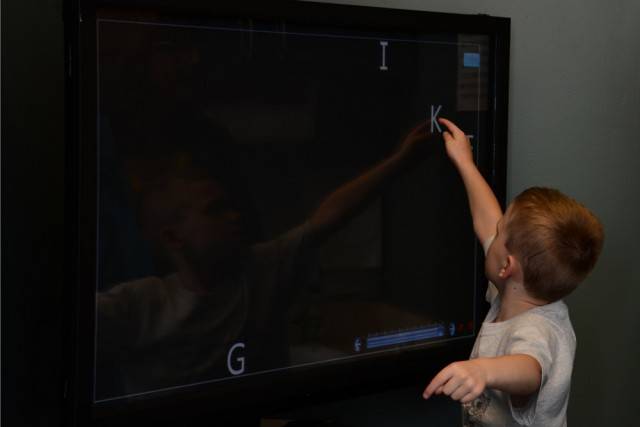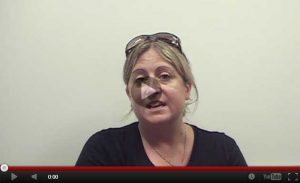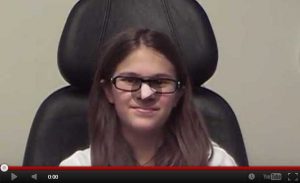Learning-Related Visual Problems Overview
A learning-related visual problem directly affects how we learn, read, or sustain close work. Visual problems in any of the following areas can have a significant impact on learning:
- eye tracking skills - eyes following a line of print
- eye teaming skills - two eyes working together as a synchronized team
- binocular vision - simultaneously blending the images from both eyes into one image
- accommodation - eye focusing
- visual-motor integration - eye-hand coordination
- visual perception - visual memory, visual form perception, and visualization
 Vision and learning are intimately connected. Someone may have a learning problem that is caused by an underlying vision problem. A child with a vision problem can be misdiagnosed as having Learning Disabilities, ADHD, or Dyslexia. There are various reasons for this misdiagnosis. For example, children who have learning-related visual problems cannot sustain their close work at school. They may be misdiagnosed as ADHD because children with ADHD also can't sustain attention on their work. Same behaviors, different diagnosis.
Vision and learning are intimately connected. Someone may have a learning problem that is caused by an underlying vision problem. A child with a vision problem can be misdiagnosed as having Learning Disabilities, ADHD, or Dyslexia. There are various reasons for this misdiagnosis. For example, children who have learning-related visual problems cannot sustain their close work at school. They may be misdiagnosed as ADHD because children with ADHD also can't sustain attention on their work. Same behaviors, different diagnosis.
Treatment of Learning-Related Visual Problems
The treatment for learning-related visual problems at our eye care clinic in Old Bridge, NJ is quite different from that of ADHD, Dyslexia, and Learning Disabilities. Treatment of learning-related visual problems involves the use of appropriate glasses for near work and/or a regimen of Vision Therapy to improve important visual abilities.
When parents observe that their child is struggling in school, it's time to have their vision properly evaluated with a comprehensive vision examination.
In the video below, Dr. Julie Ryan explains how vision is more than just seeing clearly. Vision Therapy teaches someone how to control their eyes to focus, to team, and to move simultaneously through print so that they can work with efficiency and comfort. Vision doesn’t always come naturally.
Does Your Child Need Help with Reading and Spelling?
Vision Screening at School or pediatrician
Yearly Eye Examination for Children
Jennifer and Catherine: A Vision Therapy Testimonial
A mother and her daughter discuss the child’s difficulties with learning.“She knew her letters, but wouldn’t stay on task very long”. Watch this amazing video that features parents, children, educators, and reaseachers.
Children and their parent discuss the difference that Vision Therapy has made in their lives.
Educators and researchers discuss the difference that Vision Therapy can make in an individual’s ability to function and do well in school.
What had been a struggle then becomes success. Self-esteem skyrockets because the individual has been able to demonstrate not only to others, but more importantly to themselves what they are truly able to produce.
This video was produced by the parent’s organization, PAVE (Parents Active for Vision Education).
Learning Related Visual Problems are often known but remain unclear because of the eyes’ complexity and constant development throughout childhood. Dr. Roth from Family Eye Care at an interview with OBTV provides a thorough explanation how the eyes relate to the brain in a fundamental and clear manner.
Patients Testimonials
Our patients and parents talk about the profound improvements achieved through effective Vision Therapy. Click on the images to hear their stories! We now have a blog which may include even more testimonials!
- Watch this amazing video that features parents, children, educators, and researchers.
- Good vision is so much more than 20/20. A vision screening measures visual acuity only but does not uncover vision deficiencies, such as poor focus or tracking problems, convergence insufficiency, and other essential functional vision skills. These can have a profound effect on your child’s learning abilities and overall success in life.
- By training the eyes and brain to seamlessly work together, vision therapy effectively treats visual dysfunctions that interfere with a child’s reading and learning abilities.
- Individuals with special needs or with learning disabilities often have challenges learning.







Appointment times may vary so call us for availability.